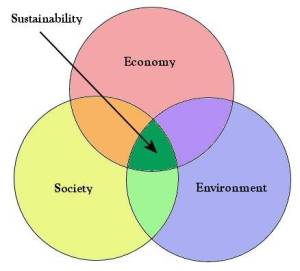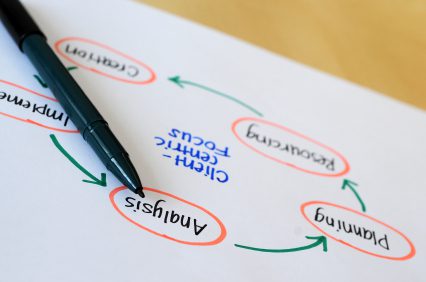Project management association members and credential holders have an obligation act sustainably. For example, PMI’s Code of Ethics and Professional Conduct (2.2.1) asks us ‘as practitioners in the global project management community to make decisions and take actions based on the best interests of society, public safety, and the environment.’ The problem we all face is working out how to achieve this aspiration!
The concept of sustainability (or the ‘Triple Bottom Line’) is fairly well understood in business, it involves balancing economic interests with the needs of stakeholders (society) and the environment.
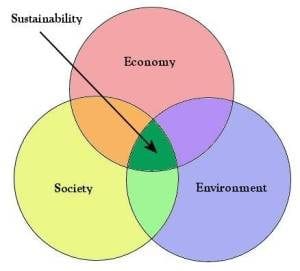
The ‘economic’ aspect of project management is directly aligned with effective project management, delivering the project on-time, on-budget and to the required quality. And, this basic objective cannot be achieved without engaging effectively with at least part of your overall stakeholder community. So-far-so-good! The challenge project managers and their teams face is understanding how they can move beyond the pure economic elements to take into consideration the needs of society and the environment. What do these terms mean and how can a project manager or team member make a difference? Fortunately there is an increasing range of resources available to help us focus on the things that matter where we can make a difference.
Sustainable Development Goals
The starting point is the Sustainable Development Goals that all 193 members of the United Nations have signed up to achieve. On 25 September 2015, the United Nations General Assembly formally adopted the 2030 Agenda for Sustainable Development with 17 Sustainable Development Goals (SDGs – ‘the Goals’) and 169 associated targets. The new transformative agenda builds on the achievements of 2000 – 2015 Millennium Development Goals program, and sets the world’s targets for the next 15 years.
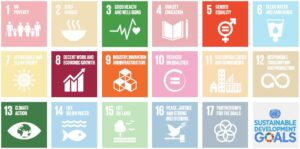
No one is going to attempt to tackle all 17 goals let alone the 169 specific targets, but every project team can look through the goals and targets and find 3 or 4 that they can strive to achieve. A couple of examples:
- Goal 12: Ensure sustainable consumption and production patterns, Target 5: substantially reduce waste generation through prevention, reduction, recycling and reuse. Focus on this and you not only help the environment, you can also improve profitability!
- Goal 5: Achieve gender equality and empower all women and girls, Target 8: Enhance the use of enabling technology, in particular information and communications technology, to promote the empowerment of women. Child care is still primarily undertaken by women – how can your team support working mothers?
There are lots of other options to choose from, all you need to do is visit the sustainable development website http://www.un.org/sustainabledevelopment/sustainable-development-goals/ and find a few that you can focus on and make a real difference!
There are also commercial benefits! As governments and corporations move to implement the SDGs, $trillions will be invested in projects to implement the changes.
Green Project Management Resources
GPM – Green Project Management is a sustainability-centered certified social enterprise whose mission is to decouple socio-environmental degradation from economic growth. The mission of GPM is ‘delivering a sustainable world, one project at a time’. Project Sustainability starts with a company’s value system and a principled approach to managing portfolios, programs, and projects.
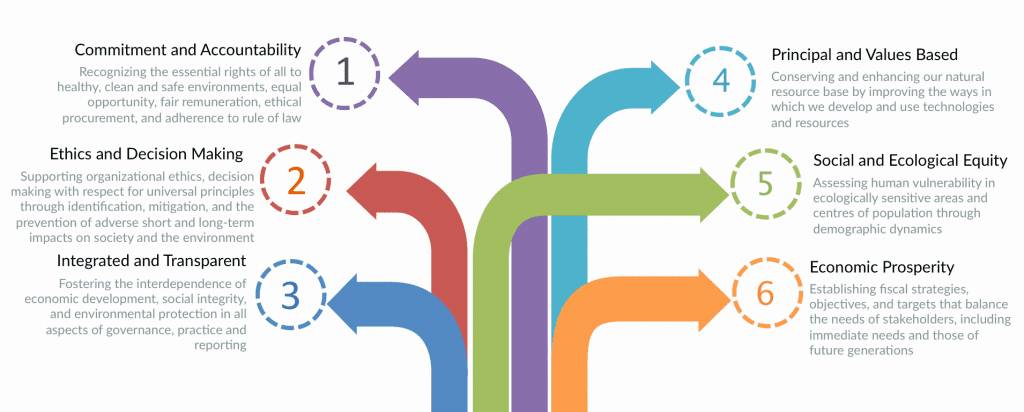
To learn more see: http://greenprojectmanagement.org/
Summary
The world’s governments and an increasing number of corporations are starting to focus on sustainability. Organisations are beginning to recognise they cannot survive if the society or environment it operates within fail. The role of the organisations governing body is to balance the three elements of sustainability to create win-win outcomes where better social and environmental outcomes drive better economic outcomes. The opportunities for project practitioners highlighted in this post are firstly the opportunity to get onto the ‘front of the wave’ and be positioned to take advantage of the demand for project mangers the SDGs will create over the next few years. Secondly, providing a practical foundation to work from to implement our ethical responsibilities to ‘to make decisions and take actions based on the best interests of society, public safety, and the environment.’
How can your team help achieve the UN’s SDGs ‘one project at a time’?

